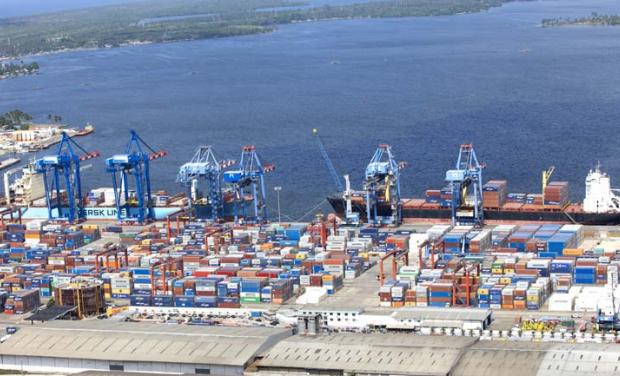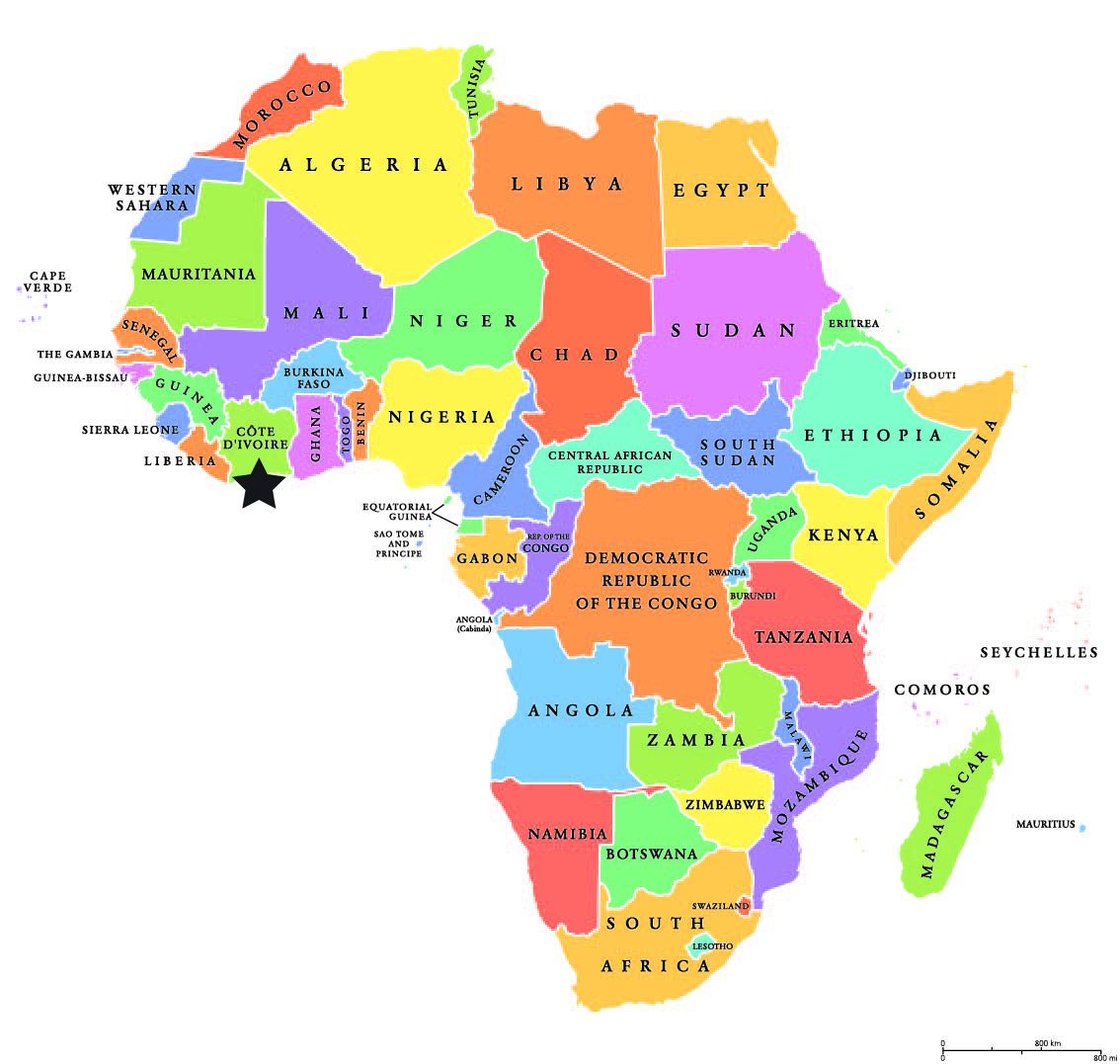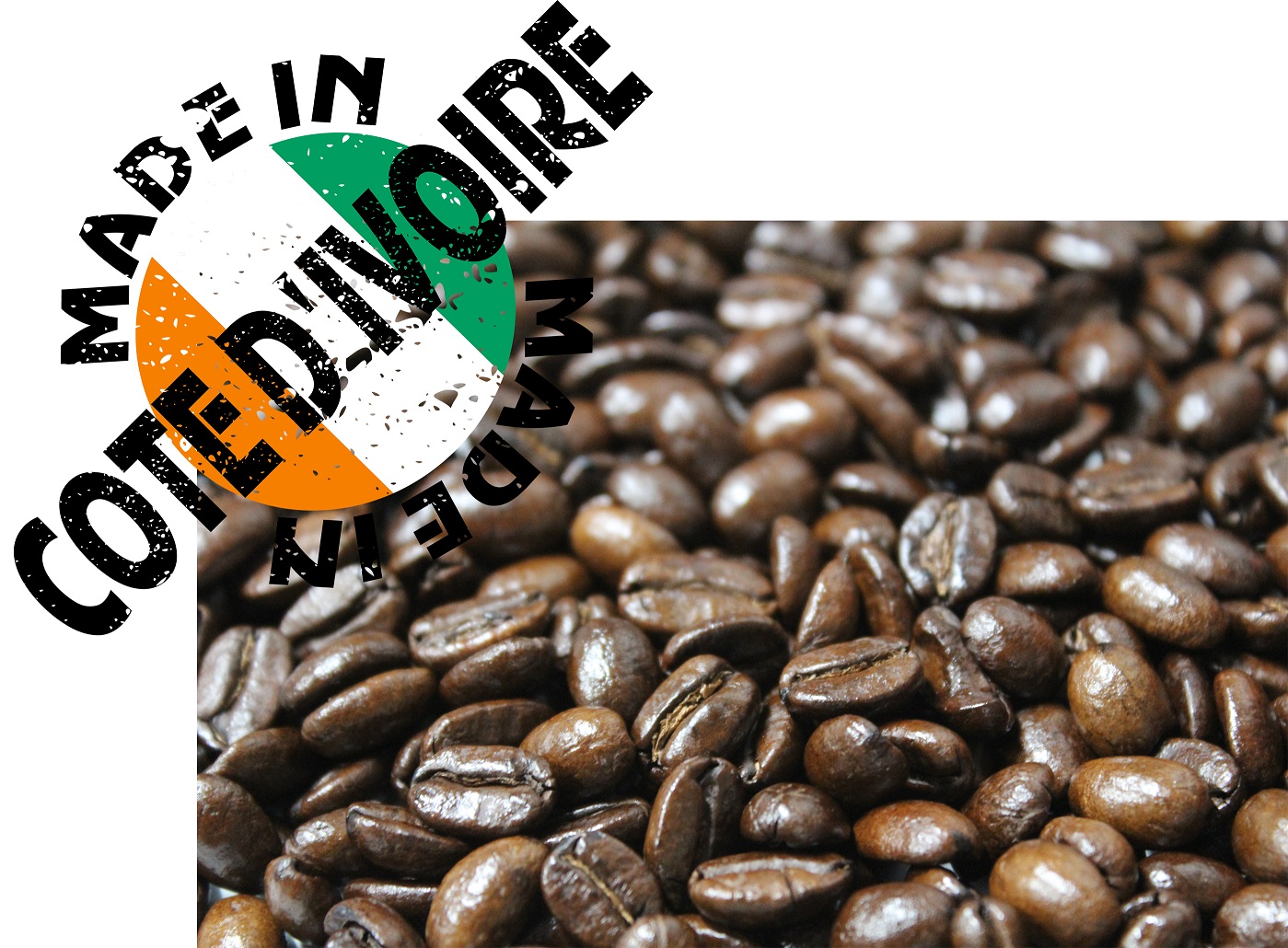The nation of Cote d’Ivoire, also known to English speakers as the Ivory Coast, is located in equatorial West Africa and is home to a population of approximately 25 million people.
Since 2011, it has become one of the most stable governments on the African continent and an established growth component of equatorial West Africa, with three branches of government, the Executive, Legislative, and Judicial, similar to the republic form of government in the United States.
Cote d’Ivoire is where China was a decade ago in its growth spurt, a stable nation on the move, with increasing investment interest being shown by Europe and North America. Development is exploding on the ground in Cote d’Ivoire and major businesses and hotel chains, including Sofitel, Radisson, and Tiama have already set up shop.
The ports of Abidjan and San Pedro in Cote d’Ivoire are growing each day, and international partnerships are now producing new transportation and infrastructure projects, including two new bridges and a new subway system for Abidjan, underwritten with substantial French investment.

Cote d’Ivoire remains as one of the top three countries in the world as a producer of and exporter of coffee and cocoa products. It boasts one of the highest per capita income levels in Africa, though still not comparable to the levels of income in Europe or the U.S.
Cote d’Ivoire has ocean access and serves as an importing and exporting hub for a number of West African land-locked nations. Unlike many former colonies in Africa reaching independence, Cote d’Ivoire did not chase out foreign interests. To the contrary, they welcomed foreign workers, teachers, and investment, and have kept a very close relationship with France since independence. This has resulted in a great deal of foreign investment that has led to and continues to create, new joint venture development in a variety of areas.
The primary revenue producers in Cote d’Ivoire are coffee, cocoa, and rubber. Sixty-five percent of the land is agriculturally developed.
However, Cote d’Ivoire, like so many developing nations, is plagued by pollution of its water and faces a number of medical challenges.
The government of Cote d’Ivoire has made and continues to make great strides to create affordable medical access for its citizens, but like so many countries, is still behind the curve in its medical reform programs.
With the level of global travel between the African continent, Europe, and North America, many diseases and infections that had been eradicated from Europe and North America have been confirmed as returning as the level of travel increases. These occurrences of disease and infections are in part the result of a lack of first-level care or preventive care.
AfriMed Network seeks to help the Cote d’Ivoire government expedite the level of care to those citizens now unable to afford medical attention.

